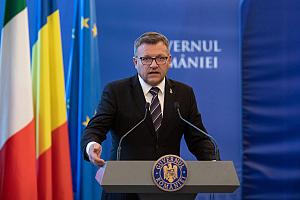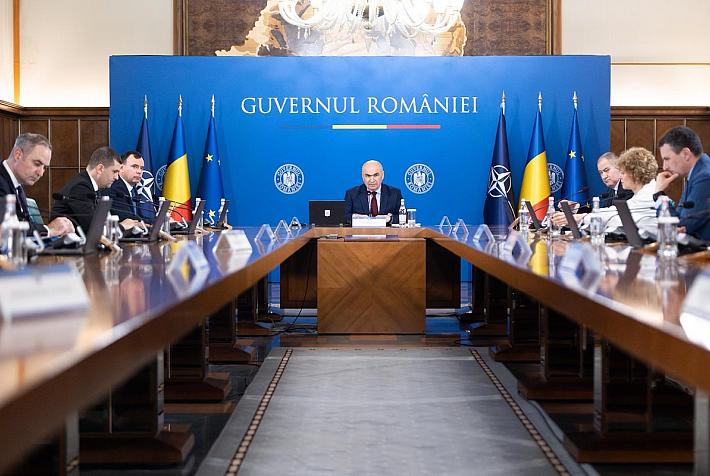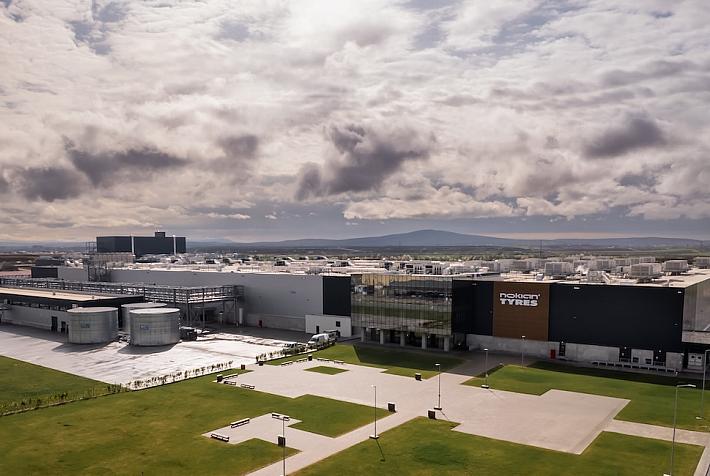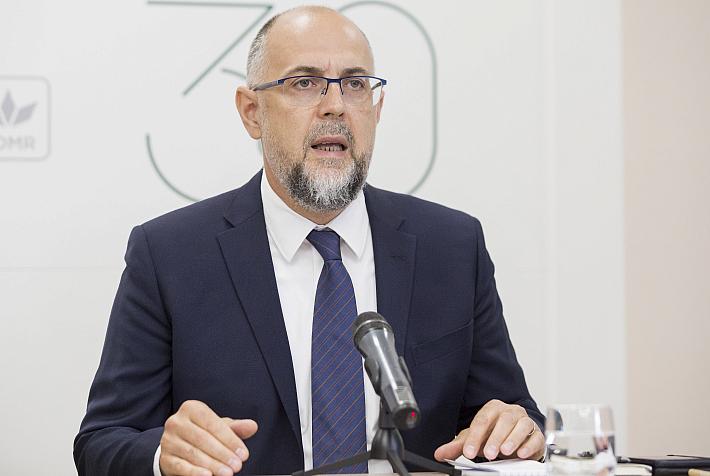EC not satisfied with Romania's planned reform on "special pensions"
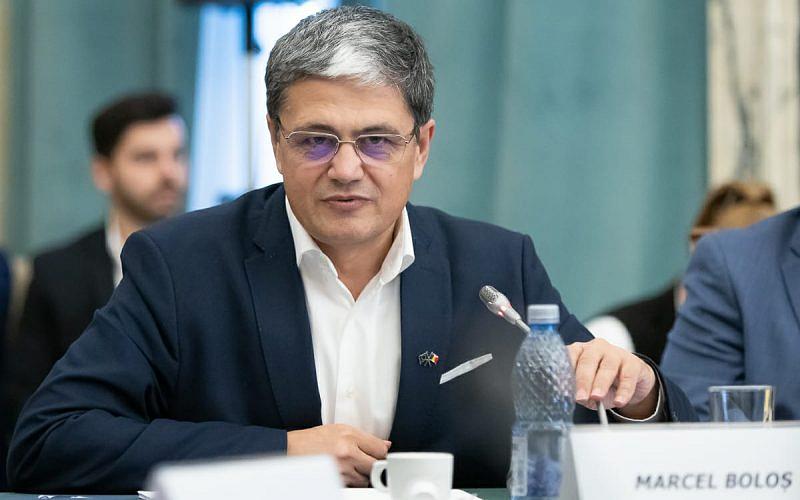
Romania "risks ending up in the contradictory procedure with the European Commission regarding the validation of the milestone [related to the "special pensions" reform]," minister of investments and European projects Marcel Bolos told Digi24. This would result in partial disbursement of the third tranche under the Resilience facility.
The European Commission expects Romania to explain why it runs two different public pension systems: one for magistrates, military, civil aviation (public or private), police and intelligence services, and another one for ordinary employees.
The World Bank has drafted a series of recommendations but no specific solution to the deadlock that requires a political decision: Romanian authorities claim that the incomes of the special pension recipients can not be touched (and the Constitutional Court confirmed) on one hand, while discontinuing the special pensions for those still working would create inequity.
None of those arguments holds water essentially since, if applied consistently, they would black any change in the fiscal and, more generally, the legal system. But for petty political debates and the Constitutional Court, they were perfectly valid. Not for the European Commission, apparently.
The former employees of the Interior Ministry and Ministry of Defence account for the bulk of the "special pensions" expenditures, while former magistrates receive the highest special pensions.
iulian@romania-insider.com
(Photo source: Facebook/Ministerul Fondurilor Europene)







